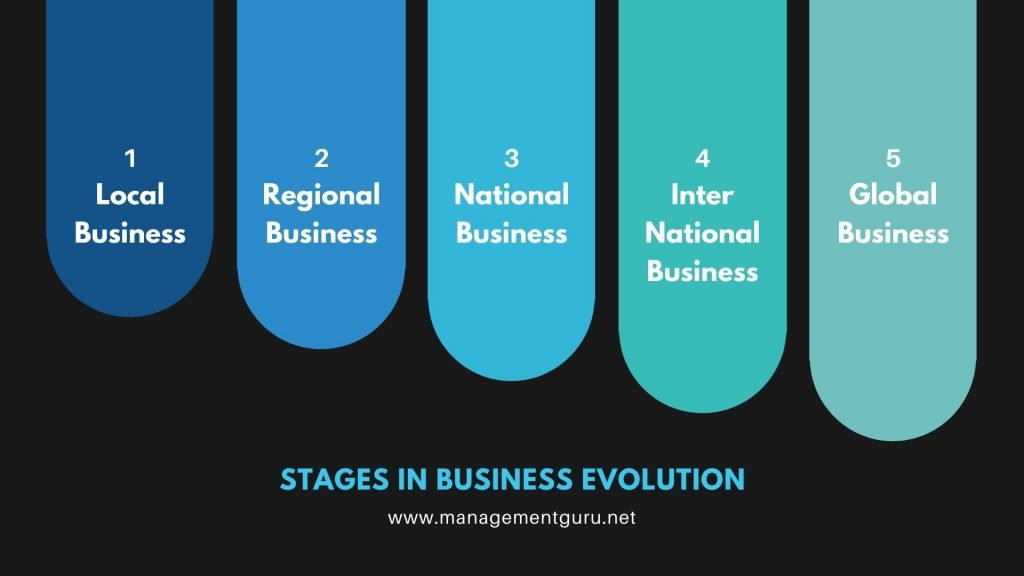Globalization means many things to many people. For some it is a new paradigm – a set of fresh beliefs, working methods and economic, political and socio-cultural realities in which the previous assumptions are no longer valid.
For developing countries, it means integration with the world economy. It can be better understood if we look it at this perspective- “the world integrated into one huge market”.
It calls for the removal of all trade barriers among countries and a perfect competitive market prevails and the stress can lead to many positive and possible outcomes in terms of
Well, it does not end there. An MNC (multi national company), by operating in more than one country gains r and d, production, marketing and financial advantages in terms ofcost and labor that other competitors may not enjoy.
The global company views the world as one market, minimize the importance of national boundaries, sources, and raise capital and markets wherever it can do the job best.
One reason could be the rapid shrinking of time and distance across the globe thanks to faster communication, speedier transportation, growing financial flows and rapid technological changes.
It is being realized that the domestic markets are no longer adequate and rich. Japanese have flooded the U. S. Market with automobiles and electronic goods because the home market was not big enough to absorb whatever was produced.

The company can have a strong foothold in the countries it is organizing its activity only by way of
* Superior product quality
* Demand
* Customer preference for that particular product range that the company offer
* A dynamic CEO projecting and boosting company’s image,
* Brand image
* Availability of skilled labor
* Licenses
* Access to necessary infrastructure
* Feasible financial structure
* Viability in the long run
* Marketing mix
Chennai in India has become a hub for so many corporate as well as global companies since the business climate is very favorable and enterprising.
* Deciding whether to go global
* Deciding which markets to enter
* Deciding how to enter the market
* Learning to handle differences
* Adjusting the managing process
* Deciding organization structure
* Selecting a managerial approach.
Developing countries like India have adopted new economic policies that are expected to encourage the international companies setting their foot in India, by which it compels many Indian companies to pursue internationalization vigorously.
True globalization marks the beginning of a new economic era of growth and prosperity.